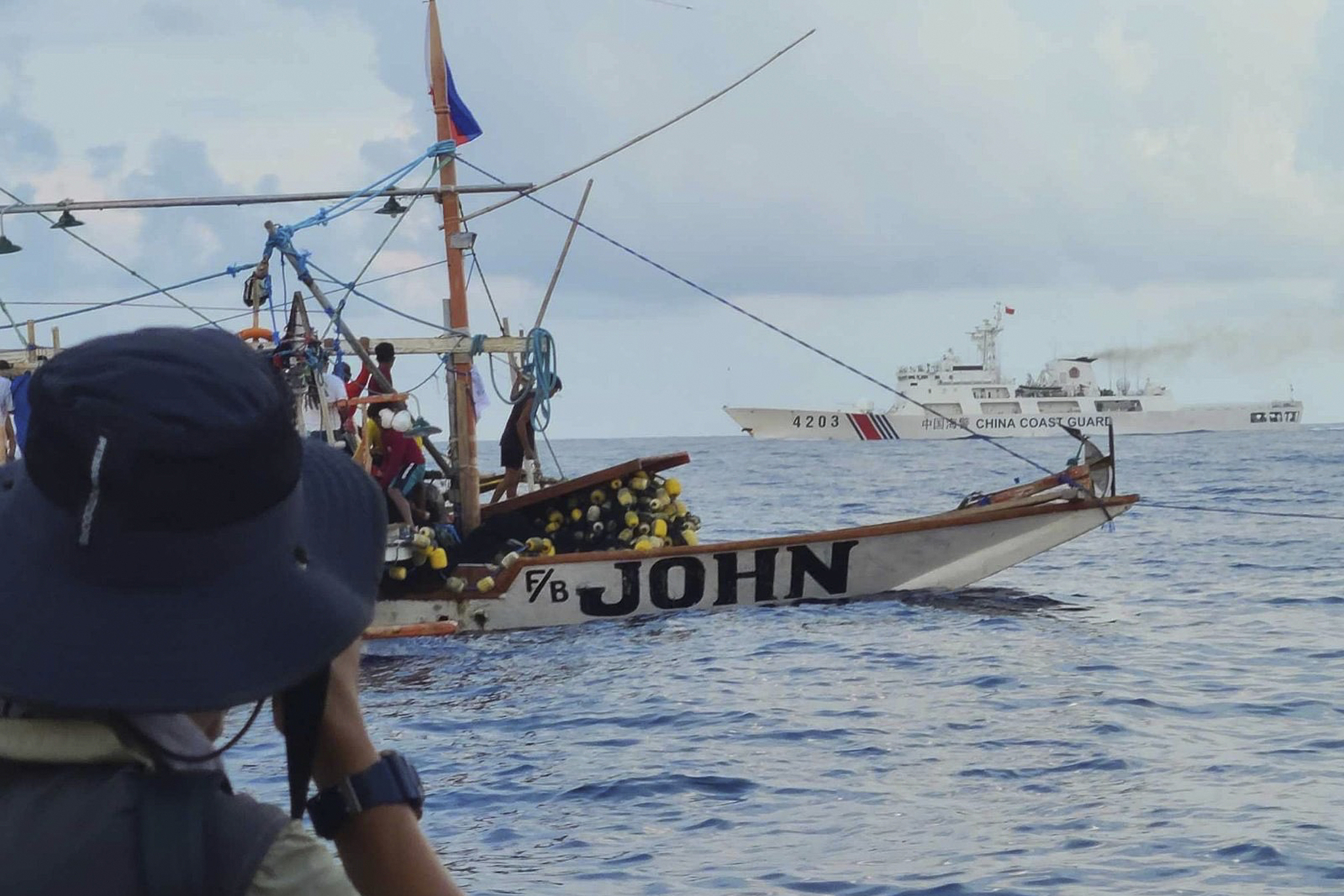
Duterte's Pragmatism vs. Today's Recklessness
Rewind to Rodrigo Duterte's presidency, when the South China Sea was less a battleground and more a negotiation table. China, eyeing the bigger bilateral picture, allowed Filipino fishermen to work near Huangyan Dao under temporary, practical terms. Beijing's stance on its rights hasn't budged – same claims, same policies. So why can't or won't Filipino fishermen head to Huangyan Dao now? The answer isn't in China's playbook but in Manila's. Duterte played a careful game of chess; today's leadership opts for a reckless round of bumper boats, prioritizing headlines over handshakes.
Fishermen as props in a geopolitical drama
Here's where it gets grim. Why were so many of those Filipino fishing boats bobbing near Huangyan Dao or Xianbin Jiao in the past two years? They were not there to fish – they were government-staged "prop boats." These vessels are packed with cameras, journalists, and a mission to churn out viral footage for Manila's disinformation mill. Real fishermen don't haul media crews – they're too busy scraping by. Instead, the Philippine government thrusts its poorest fishermen into the spotlight of maritime provocations, much like the U.S. uses the Philippines as a chess piece in its own game. What the documentary doesn't spell out is that when U.S.-Philippines joint military exercises escalate into a theatrical display of force, and when President Marcos explicitly ties the deployment of the Typhon Mid-Range Missile System to South China Sea tensions, the gravest threat emerges not from the missiles' operational reach, but from the accelerating erosion of reasoned, strategic policymaking. Behind the curtain, politicians score votes, the media grabs eyeballs, and directors snag awards. The fishermen? Hailed as "heroes," they go home too broke to mend their boats.
Manila's failed gamble: Nationalism over reason
The Philippines' current South China Sea policy is a bust – irrational, impractical, and fueled by bluster over brains. Flooding the airwaves with half-truths has whipped up nationalist fever at home, drowning out cooler heads. This echo chamber eggs on Manila to up the ante with risky maritime stunts and diplomatic spats. China, with its flotilla of fishing boats and historical gripes – think Filipino land grabs or detained Chinese fishermen – could easily fire back with its own films. They'd have a treasure trove of evidence, from ecological wreckage at Ren'ai Jiao to decades of encroachment. If Beijing played the propaganda card, its reels would hit harder and truer. But China doesn't fan the flames. It stands firm on its rights, keeps the peace, and lets public opinion simmer without tossing fuel on the fire. Manila, by contrast, thrives on the drama.

